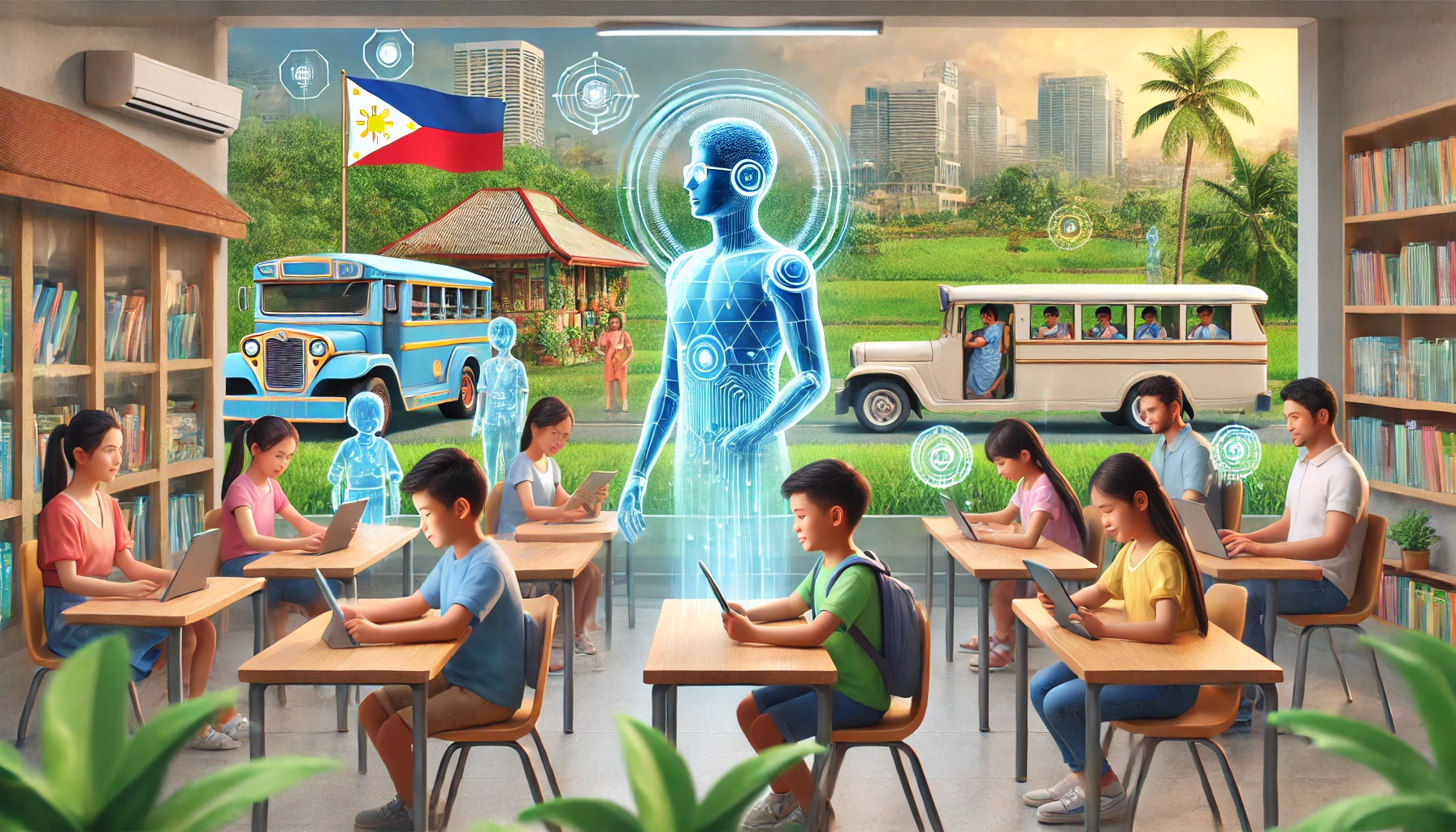Financial literacy is a critical skill that empowers individuals to manage their money effectively, achieve financial stability, and work toward long-term goals. However, financial literacy rates in the Philippines remain a challenge. According to a 2021 study by the Bangko Sentral ng Pilipinas (BSP), only 25% of Filipino adults are financially literate. The rise of artificial general intelligence (AGI) presents a unique opportunity to bridge this gap by providing accessible, tailored, and engaging financial education for all Filipinos.
Understanding AGI and Its Role in Financial Literacy
AGI refers to advanced artificial intelligence systems that can perform a wide range of intellectual tasks at a level comparable to, or even exceeding, human capabilities. Unlike narrow AI, AGI is not confined to specific tasks, allowing it to adapt and respond to diverse learning needs, making it a powerful tool for enhancing financial literacy.
AGI’s Potential Applications in Financial Education
- Personalized Learning Experiences
AGI can analyze individual learning patterns and financial needs to deliver customized content. For instance, a young professional looking to save for a house may receive lessons on budgeting and investment options, while an OFW (Overseas Filipino Worker) may learn about remittance management and long-term savings strategies. Example: Platforms like Khan Academy already utilize AI to provide personalized learning in various subjects. An AGI-powered Filipino equivalent could offer customized modules in local languages and dialects, addressing topics like debt management, saving for education, and micro-investing. - Real-Time Financial Coaching
AGI can serve as a 24/7 financial coach, offering guidance on decisions like loan management, credit card usage, and investment opportunities. With natural language processing, AGI can communicate in Tagalog, Cebuano, or other regional languages, making financial advice more relatable and accessible. Example: AGI-driven chatbots, such as those integrated into banking apps like GCash or PayMaya, could expand beyond transaction support to include financial planning tips and savings reminders tailored to user spending habits. - Gamified Financial Education
Gamification is a proven way to make learning engaging. AGI can design adaptive financial games that cater to different age groups and education levels. Players can simulate real-world financial scenarios, such as starting a small business or managing family expenses. Example: Apps like Zogo Finance gamify financial literacy by rewarding users with points and gift cards for completing lessons. A localized version could integrate Filipino cultural references, teaching users how to budget for fiestas or plan for balikbayan box shipments. - Community-Based Learning Platforms
AGI can create virtual communities where users can share financial tips, success stories, and lessons. This peer-to-peer learning model, supported by AGI moderation, ensures content accuracy and relevance. Example: A platform similar to Reddit or Facebook Groups, but moderated by AGI, could focus on Filipino-specific financial challenges, such as coping with inflation, dealing with loan sharks, or navigating government financial programs. - Financial Inclusion for the Underserved
Many Filipinos, particularly in rural areas, lack access to traditional financial education resources. AGI-powered platforms can deliver mobile-first, offline-capable educational tools to bridge this digital divide. Example: AGI could power an app like TALA, which provides microloans to underserved Filipinos, to also include financial education content aimed at fostering better loan repayment behavior and financial planning.
Challenges and How to Address Them
While AGI offers tremendous potential, there are challenges to consider:
- Access to Technology: Many Filipinos lack access to reliable internet or smartphones. Partnerships with local governments and telecom companies can help subsidize access.
- Data Privacy Concerns: Financial data is sensitive. Robust security measures and transparent policies must be implemented to protect user information.
- Cultural Sensitivity: AGI systems must be trained to respect Filipino values and financial habits. Localization efforts are essential to ensure content relevance.
The Future of Financial Literacy in the Philippines
AGI has the potential to revolutionize financial education in the Philippines by making it more accessible, engaging, and effective. By leveraging technology, Filipinos can gain the knowledge and confidence to make informed financial decisions, ultimately contributing to a more financially empowered nation.
Call to Action
As AGI becomes more integrated into educational and financial platforms, stakeholders—including educators, tech innovators, and policymakers—must collaborate to maximize its benefits. By investing in AGI-powered financial literacy initiatives, the Philippines can pave the way for a more financially savvy and resilient population.
Financial literacy is no longer just an individual responsibility; it is a societal goal that can be achieved with the right tools and a collective commitment to progress. With AGI leading the way, Filipinos can look forward to a brighter and more secure financial future.
[SEO optimized]


